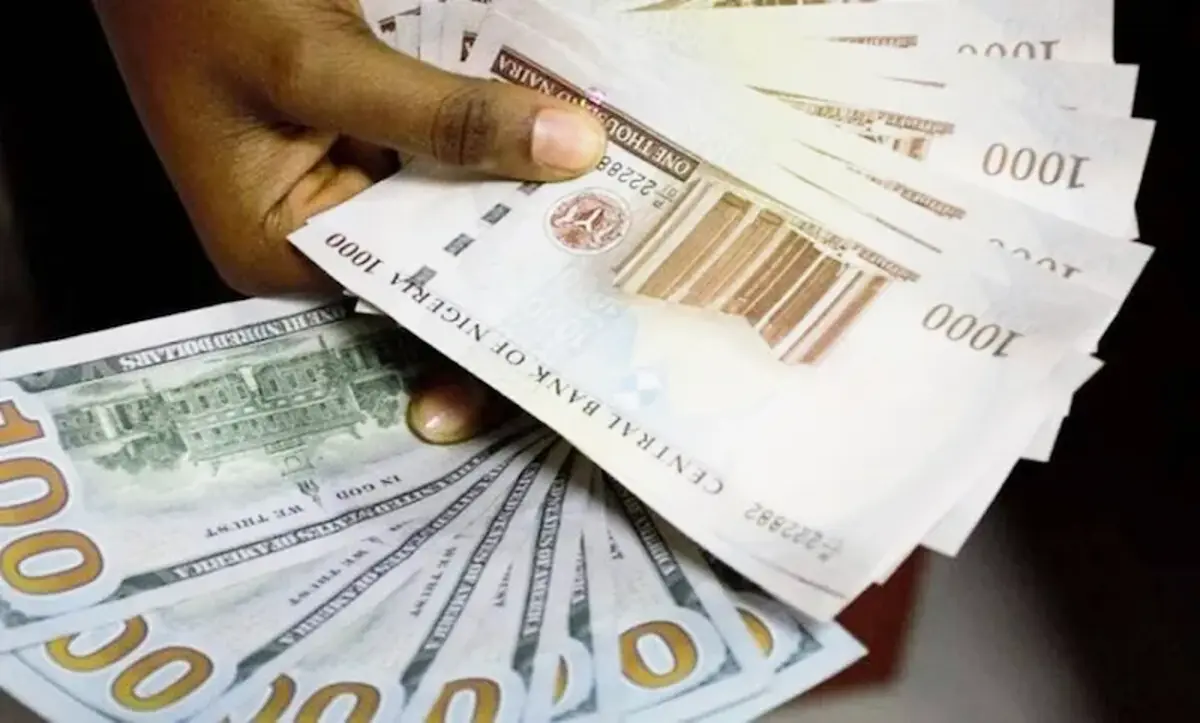
By DAYO ADESULU
World Bank Report Reveals 43% Depreciation Amid Economic Challenges
The Nigerian naira has been identified as one of the worst-performing currencies in Sub-Saharan Africa for 2024, according to the latest edition of Africa’s Pulse, a report released by the World Bank. As of August 2024, the naira has depreciated by approximately 43% year-to-date, placing it alongside the Ethiopian birr and South Sudanese pound as some of the region’s weakest currencies.
Causes of Naira Depreciation
The decline in the naira’s value is attributed to multiple factors, including:
- Increased Demand for US Dollars: There has been a surge in demand for US dollars in the parallel market, driven by financial institutions, non-financial end-users, and money managers.
- Limited Dollar Inflows: A scarcity of dollar inflows has compounded the situation, further straining the naira’s value.
- Delays in Foreign Exchange Disbursements: The Central Bank of Nigeria’s slow disbursement of foreign exchange to currency exchange bureaus has exacerbated the currency’s decline.
The World Bank’s report highlights that despite some reforms in the foreign exchange market, including the liberalization of the official exchange rate initiated in June 2023, these measures have not been sufficient to stabilize the naira.
Broader Economic Implications
The naira’s depreciation reflects broader economic challenges facing Nigeria, including dwindling foreign currency reserves and persistent inflationary pressures. This situation has led to increased domestic prices, particularly for imported goods, placing additional burdens on Nigerian consumers.
In contrast, some African currencies that faced challenges in 2023, such as the Kenyan shilling and the South African rand, have shown signs of recovery. Notably, the Kenyan shilling strengthened by 21% year-to-date by the end of August 2024, making it one of the region’s top performers.
Recent Developments in Exchange Rates
Despite the ongoing challenges, recent data from the FMDQ Exchange indicates that the naira appreciated by 5.69% against the US dollar on Monday. The exchange rate improved from N1,641.27/$1 on October 11 to N1,552.92/$1 on October 14. However, foreign exchange turnover plummeted by 44.27%, dropping from $616.73 million to $343.71 million during the same period.
World Bank’s Economic Growth Projections
The World Bank’s report provides a cautious outlook for Nigeria’s economic growth, projecting a 3.3% expansion in Gross Domestic Product (GDP) for 2024, with a slight increase to 3.6% in 2025-2026 as macroeconomic and fiscal reforms gradually take effect. The report noted that inflation peaked at 34.2% year-on-year in June 2024 but showed signs of deceleration, falling to 33.4% in July and further to 32.2% in August.
Impact of Fuel Subsidy Removal on Inflation
The government’s decision to remove fuel subsidies in mid-2023 has significantly impacted inflation, with gasoline prices surging dramatically. Initially, gasoline prices tripled, followed by an additional increase of 40-45% in September 2024. This rise in fuel costs has driven up transportation and logistics expenses for both businesses and consumers, contributing to the inflationary pressures in the economy.
Conclusion
The naira’s status as one of the worst-performing currencies in Sub-Saharan Africa highlights the urgent economic challenges facing Nigeria. As the country grapples with currency depreciation, rising inflation, and the effects of policy changes, the outlook remains uncertain. Continuous monitoring and effective policy measures will be crucial for stabilizing the naira and supporting economic growth in the coming years.